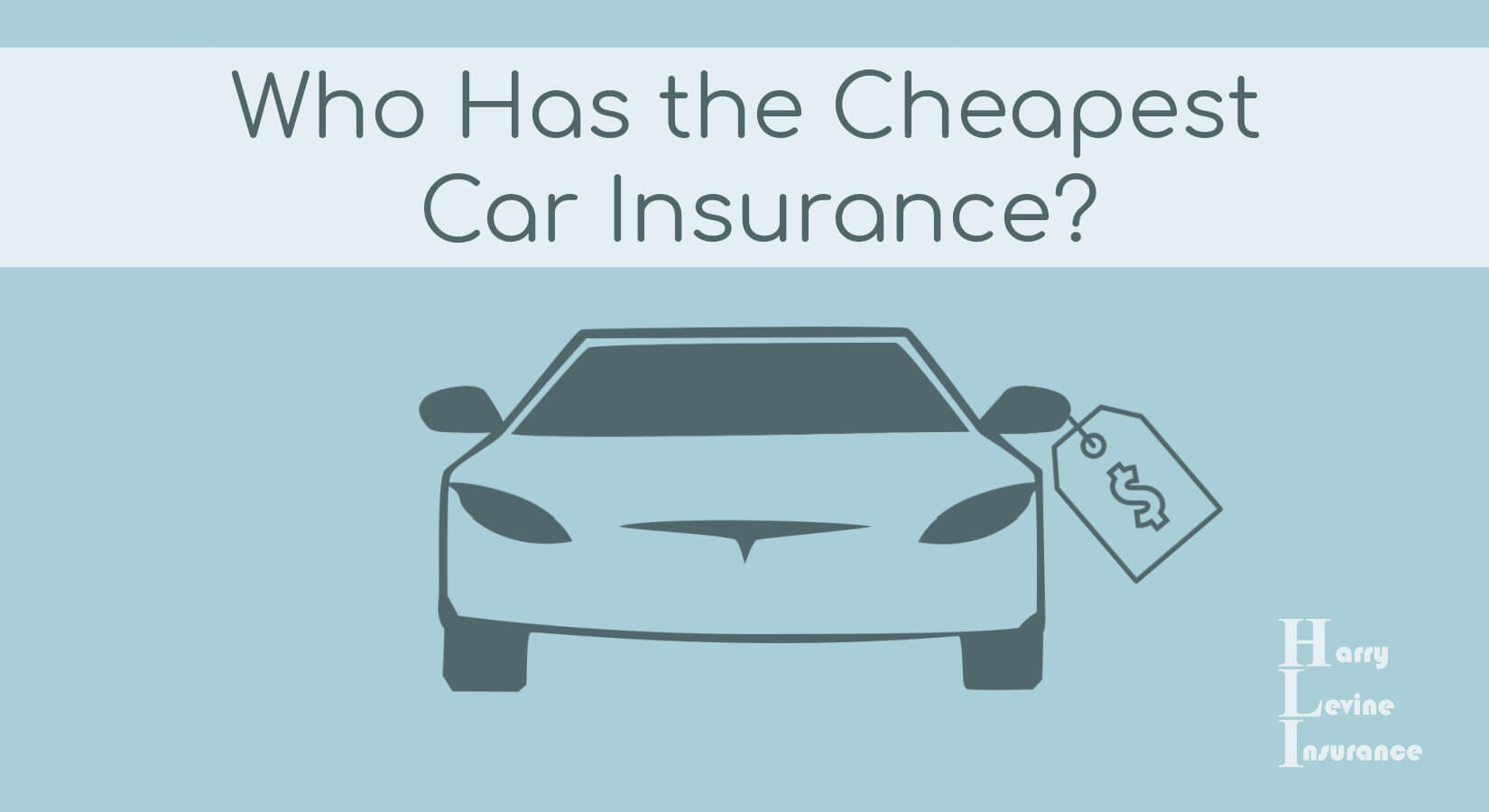Car insurance is an crucial aspect of sound vehicle management, providing financial protection against a range of risks that drivers face on the road. For many, navigating the realm of auto insurance can be challenging, with a variety of choices, coverage types, and terms that might appear complicated at first. Understanding the fundamentals of car insurance is crucial not only for compliance with legal requirements but also for shielding your finances in the event of an accident or damage to your vehicle.
As a driver, being informed about car insurance enables you make smarter decisions about the coverage you require. From liability and collision coverage to understanding deductibles and premiums, there are multiple factors that impact your insurance journey. This article aims to explain the essential elements of car insurance, helping you grasp what every driver should be aware of to ensure they are properly protected while on the road.
Types of Car Insurance
There are several types of car insurance coverages available, each tailored to satisfy various requirements and choices of drivers. The most common type is liability insurance, that is obligatory in most states. This type of insurance pays for the damages and injuries caused to others in an accident where the driver is at fault. It typically includes bodily injury liability and property damage liability, safeguarding you from financial loss from claims made by others.
Another popular type is comprehensive coverage, which protects your vehicle against non-collision-related incidents. This covers theft, vandalism, natural disasters, and hitting an animal. Comprehensive insurance is particularly beneficial for those who live in areas susceptible to such dangers or for drivers with newer, higher-value vehicles. It provides peace of mind knowing that you are covered not just for accidents on the road but for unforeseen events too.
Collision insurance is an additional essential component of many drivers' auto insurance plans. This coverage pays for damages to your vehicle resulting from a collision with another vehicle or object, no matter who caused it. If you are financing or leasing your car, collision insurance is often required by lenders. Together, these types of coverage help ensure that you are protected against financial loss in multiple driving circumstances, giving you the confidence to hit the road.
Factors Determining Premiums
Multiple crucial factors affect the costs that vehicular operators pay for car insurance. One key factor is the operator's years of experience and history behind the wheel. Generally, younger drivers or those with limited experience tend to face increased costs due to their greater tendency of incidents. Insurers typically view older, more seasoned drivers as more responsible behind the wheel, which can result in lower costs.
The category of vehicle also holds a major role in influencing insurance costs. Automobiles that are higher-priced to fix or replace generally come with elevated costs. Additionally, automobiles with sophisticated safety features may qualify for lower rates, as they are seen as less likely to be part of major incidents. Insurers will also consider the potential for being stolen or the automobile's safety records.
One more crucial factor is the driver's claims history and financial rating. A history of past claims can signal to insurers that a driver is at an increased risk, resulting in higher rates. In the same way, a person's credit score can impact costs, as insurers often use it as a measure of creditworthiness. Elevated credit scores may result in diminished premiums, while diminished scores could mean higher costs for auto insurance.
Ways to Select the Suitable Policy

Choosing the proper car insurance policy starts with understanding your personal needs as a driver. Take into car insurance companies near dallas, tx as your motor habits, the type of vehicle you own, and your budget. When you drive a newer car, you may want a policy with full coverage to protect against loss or damage. On the other hand, if your car is antique, minimum liability coverage may be sufficient. It's important to evaluate how much coverage you need based on your risk tolerance and lifestyle.
Next, shop around and contrast quotes from different providers. Insurance companies often have diverse rates for the same coverage, so taking the time to gather multiple quotes can yield substantial savings. Consider focusing solely on just the price; review the company’s status, customer service, and claims process. Reading reviews and asking friends or family about their experiences can provide insights into which insurers are trustworthy and offer thorough support.
In conclusion, understand the terms and conditions of each policy before finalizing a decision. Pay attention to the deductibles, coverage limits, and any exclusions that may apply. Don't hesitate to consult insurance agents for clarification on any points you find ambiguous. The goal is to make sure you find a policy that not only suits your budget but also gives you peace of mind while on the road.
